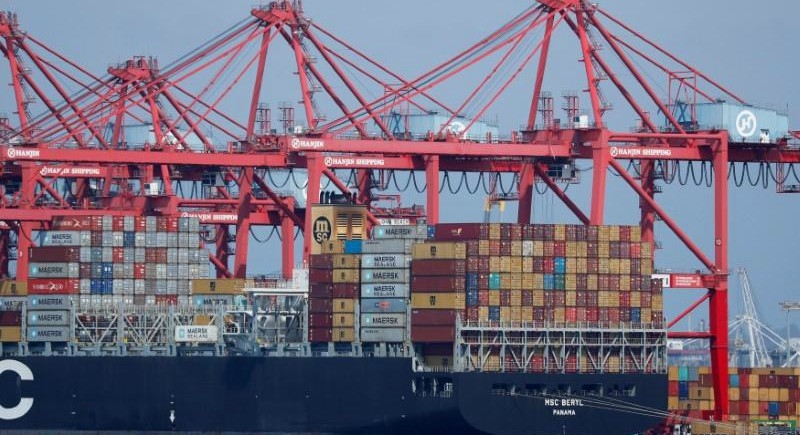As the trade conflict intensifies, China all set to send its top negotiators to US this August
Beijing, August 17: As the trade negotiation between China and the United States intensifies, China will send a top negotiator to the United States in late August to resume trade talks. This was informed by the commerce ministry as it gets ready for the first public meeting on the subject in weeks as the trade conflict.

Vice Commerce Minister Wang Shouwen, the deputy representative on international trade negotiations will meet with a senior US Treasury official, David Malpass, at the invitation of the United States, the ministry said in a statement.
“The Chinese side reiterates that it opposes unilateralism and trade protectionism practices and does not accept any unilateral trade restriction measures,” the ministry said.
“China welcomes dialogue and communication on the basis of reciprocity, equality, and integrity.” US Commerce Minister Wilbur Ross held talks with Chinese Vice Premier Liu He in Beijing in June.
But the discussions failed to reduce tensions as the United States slapped tariffs on $34 billion worth of Chinese goods in early July, triggering an immediate dollar-for-dollar retaliation from Beijing. The two countries plan to launch a new round of tit-for-tat tariffs on $16 billion worth of goods from each country on August 23.
Washington has also lined up an additional $200 billion in Chinese imports and US President Donald Trump said he could raise tariffs on those products to 25 percent instead of the previously touted 10 percent.
“It is hard to tell how the talks will go but it’s a positive signal that the two countries are looking for some compromise plan,” said Makoto Sengoku, market analyst at Tokai Tokyo Research Institute.
US President Donald Trump has boasted that trade wars are “easy to win” and warned he would hit virtually all Chinese imports if Beijing does not back down and take steps to reduce its $335 billion surpluses with the US.
China does not import enough from the United States to match Washington dollar-for-dollar, but it has warned that it could fire back with other measures.